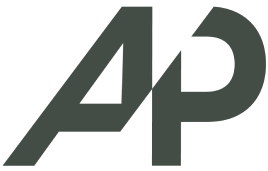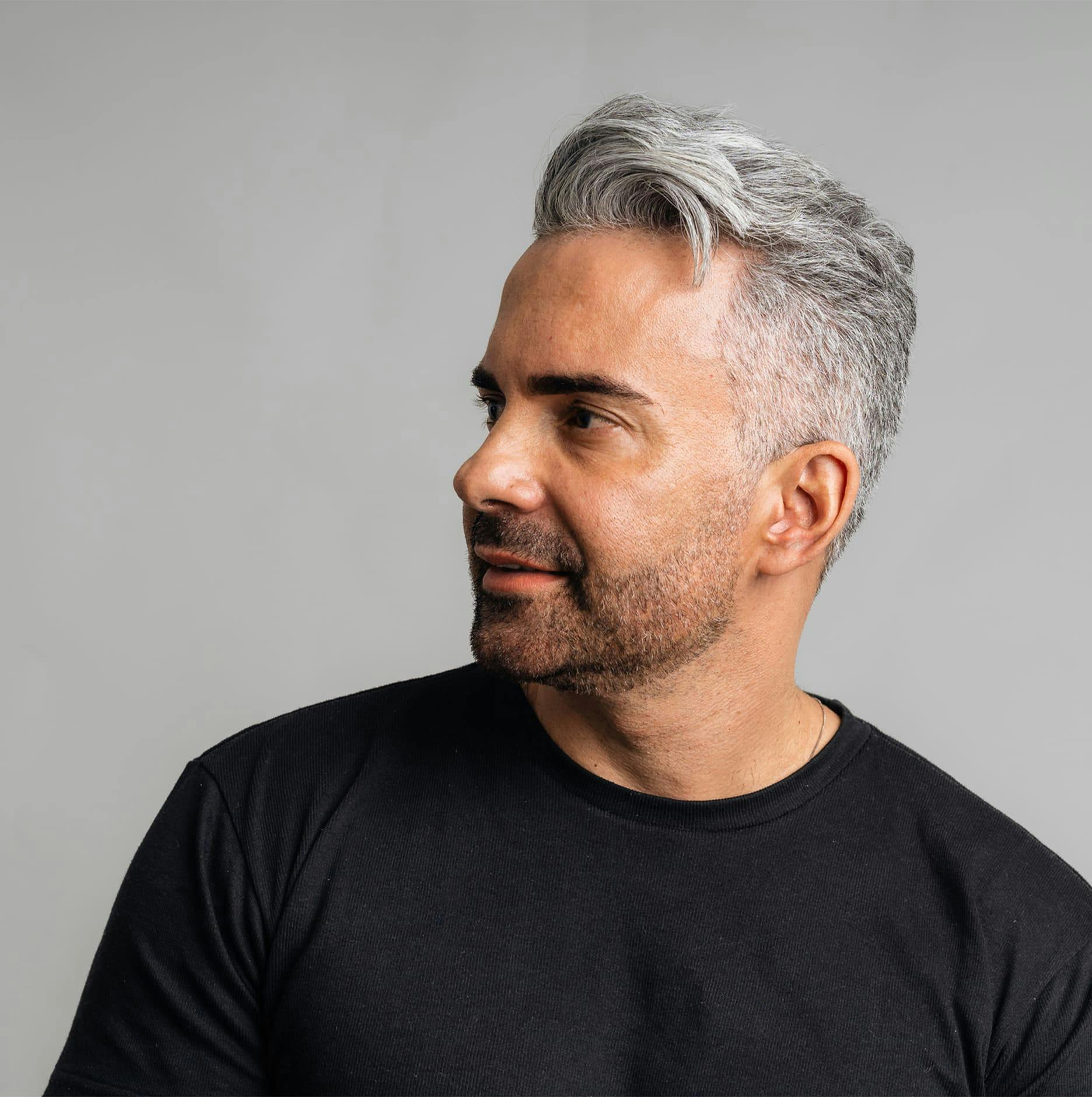Unlock the potential for recovery and regain facial function following a stroke with specialized treatment from Dr. Panossian.
Symptoms and Consequences
The symptoms of stroke-induced facial paralysis can vary depending on the severity and location of the stroke within the brain. Common symptoms include facial weakness, drooping of the mouth or eyelids, difficulty closing one eye, drooling, speech impairment, swallowing difficulties, and watery eyes. These symptoms affect physical appearance and daily functions such as eating, speaking, and social interactions. Beyond the physical challenges, stroke-induced facial paralysis can have significant emotional and psychological consequences. Patients may experience feelings of self-consciousness, embarrassment, and frustration due to changes in their appearance and limitations in facial expression. Communication difficulties, such as slurred speech or difficulty articulating words, can further contribute to feelings of isolation and loss of confidence. Moreover, stroke survivors often face long-term consequences, including reduced quality of life and independence. The inability to control facial muscles can affect personal relationships and social interactions, leading to feelings of social withdrawal and depression. Therefore, addressing stroke-induced facial paralysis is essential not only for physical recovery but also for improving overall well-being and emotional health.







